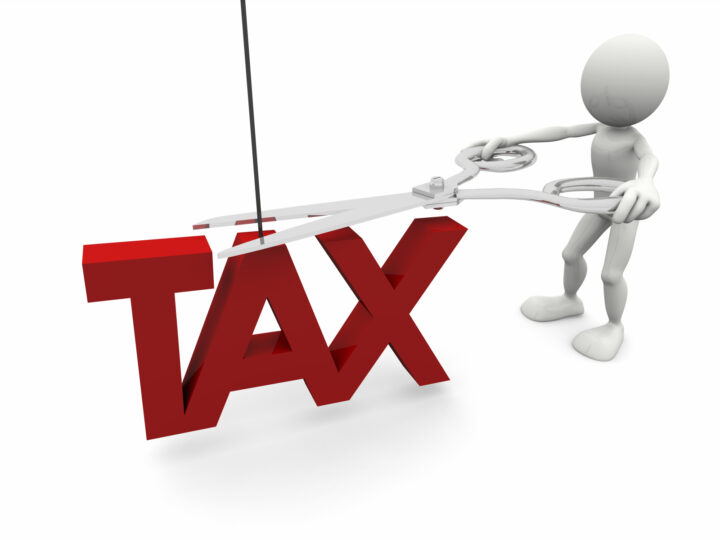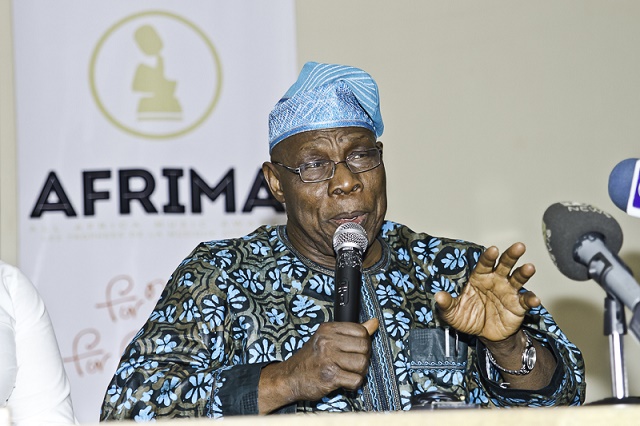BY NWAMAKA OKOYE
On the 1st of February 2018 it became a law for all non-food goods that are retailed in Nigeria to have a Product Authentication Mark (PAM) sticker to show that they are authentic. The sticker can be obtained from the Standards Organization of Nigeria (SON), at the rate of three naira (N3) per sticker.
The DG of SON claims this will be a blessing to manufacturers, and then goes on to elaborate the reasons why (http://www.thisdaylive.com/index.php/2017/12/15/son-launches-pam-to-check-
substandard-products/).
Upon careful review, it is very clear that this sticker is nothing but an additional tax to further cripple
the manufacturing industry and burden the Nigerian consumer who is already reeling over the load of sporadic fuel supply, near absent electricity, high price of food in the market. It is also an unfair reward to an agency that has failed as the gatekeeper of standards in Nigeria, even though it was already equipped by law (See the Standards Organization of Nigeria Act, 2015 Act No. 14) (http://www.son.gov.ng/son-mandate/). It is also a failure of the government to enforce a very well thought out law, and instead take the lazy way out by punishing the citizens for its inability to enforce existing laws.
The premise of the new law is that the stickers, equipped with QR codes, will be a stamp of quality to assure consumers they are not buying counterfeit products. The claim is that the sticker is needed to save Nigerians who are dying every day from the failure of counterfeit products. This logic is flawed for many reasons. Let’s dissect the premise. I believe we can all agree that counterfeit products cost the Nigerian economy billions. Let’s look at something as simple as a phone charger.
Advertisement
How many phone chargers do you have to buy before you get one that works? What about fires due to low quality electrical appliances? Substandard bulbs in the market that cease to light up a few days after purchase; scores of people dead from substandard tyres failing on the road; the list is endless.
For the food and drugs aspect, the NAFDAC number covers this area adequately, so we will not address that in this piece. The challenge I have with this law, is that it is touted as a blessing to manufacturers and consumers. However, in many of these cases, made-in-Nigeria goods in life-threatening areas are vastly superior to the counterfeit imported goods, because the local industries must self-regulate to maintain their customers custom. In the construction industry, Nigerian wires are vastly superior to imported wires. Similarly, the most sought-after aluminium casement profiles are from a Nigerian brand. I believe the deaths and multiple issues are not caused primarily by made-in-Nigeria goods.
My point is that majority of the issues and deaths are caused by importation of substandard products, by unscrupulous traders. It is often substandard electronics, low gauge steel structural members, substandard auto parts that result in deaths when they erupt in fire, or explode, or simply fail. Why then would I oppose a sticker to authenticate goods? Because these importers have a lot of help from none other than SON. How?
Advertisement
It is already mandatory for all regulated goods that are to be imported into Nigeria, to undergo mandatory testing. See below, the information on Intertek’s website. Intertek is one of Nigeria’s designated testing agencies with labs all around the world: “Every consignment of imported goods which contains regulated products must be accompanied by a Certificate of Conformity (CoC)issued by an independent accredited firm, such as Intertek. The CoC is electronically transmitted to SON’s portal who will then generate the SONCAP certificate on the basis of the CoC and will hand it over to the importer or Importer’s agent against the clearance of goods in Nigeria.”
(http://www.intertek.com/government/product-conformity/soncap-importers-nigeria/)
The Nigerian Ports Authority also lists the CoC as one of the mandatory requirements for the issuance of a form M. You cannot even get a form M from the banks without the product test certificate number (http://www.nigerianports.gov.ng/import-export-guidelines-3/). Before you import any regulated product into Nigeria, you must submit that product for a test at a designated independent lab in the country of origin. These labs charge a hefty fee to test products and you can spend up to $3000 per container, depending on the number of unique products you intend to import into Nigeria. If your product does not pass the test, they will not issue a certificate.
How come we have all these substandard products in Nigeria then? Here is where the story gets interesting, SON issues certificates for as little as N10,000 with absolutely no testing, and no corroborating test certificates. It will be interesting to see the product test certificates on the basis of which SON issues all SONCAP certificates. I challenge the government to hold SON to an audit to produce all the corresponding test certificates. If indeed Intertek issued certificates to importers for substandard products, then the solution is to discontinue with Intertek, and get a new testing agency. If it is SON randomly issuing SONCAP certificates, then they should be held accountable. This
is the solution. It is already encapsulated in the law. The government should do its job and hold itself accountable.
Do not punish business people and consumers with additional taxes. It is counter-productive, and unfair to the people who have placed their trust in this government.
Advertisement
It is morally wrong to reward SON’s incompetence with a N3 tax on each of the goods we manufacture and sell. The problem is enforcement. SON is already empowered by previously existing regulations, and this PAM sticker is a case of overreach. They should fulfil their mandate with the regulations previously on ground. There is no value added to the either the average Nigerian, the importer, or the manufacturer with this new regulation. It just gives another agency the opportunity to harass honest Nigerian businesses that are trying to build the economy. It will
also create a bottle-neck as everybody scrambles to SON to get stickers for everything they sell.
Does SON even have an idea of the number of products that will require stickers? Mind you, it is not per product type, it is one sticker for each and every product. In other words, if you went to the supermarket to buy 10 reams of paper, each of the 10 reams will have a PAM sticker purchased at N3 each by the manufacturer or importer. I can already see a situation where they run out of stickers the way the immigration service runs out of passport booklets. What will be the cost to the economy then?
I appeal to The President, through the Presidential Enabling Business Environment Council, to put a halt on this new law by executive order and look into the assertions made in this piece. A lot of progress has been made in easing the process of doing business in Nigeria, but this PAM sticker is many steps backwards. SON should earn the public and the business community’s respect by actually adding value. How? They should implement the previously existing laws, and we will all be safer for it.
Okoye is an entrepreneur and a writer.
Advertisement
Views expressed by contributors are strictly personal and not of TheCable.
Add a comment






